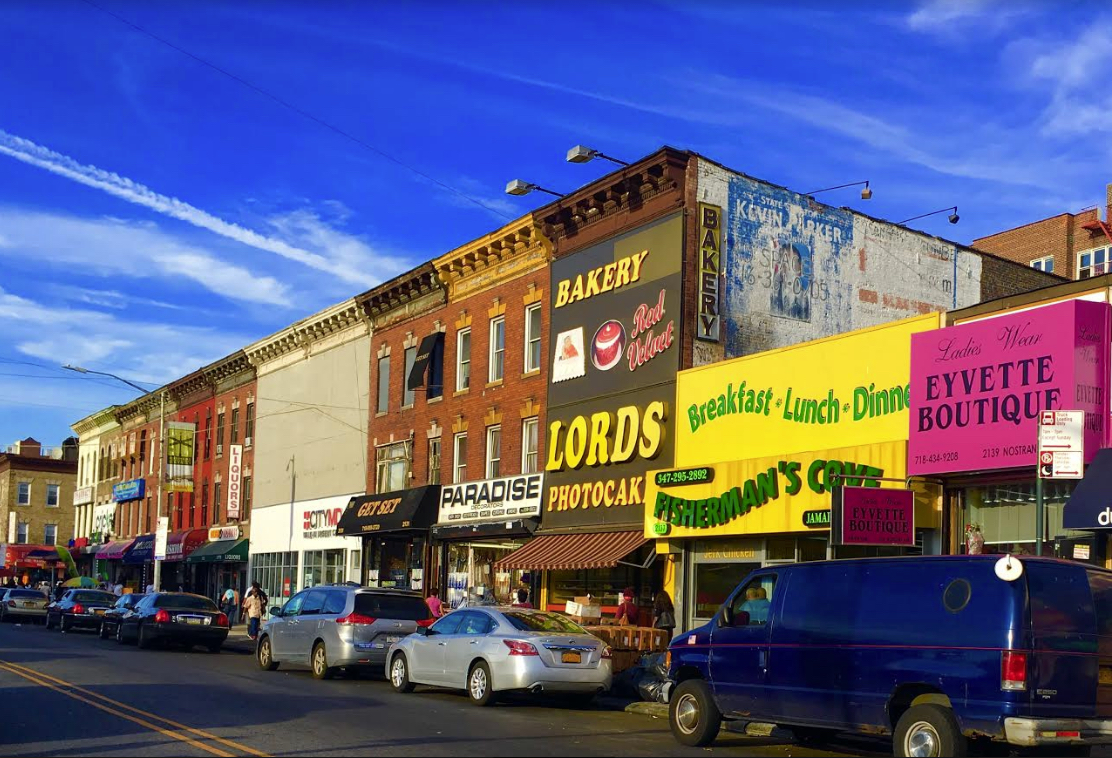Council votes to crack down on cheating landlords
Bill goes after building owners getting tax breaks

Councilmember Jumaane Williams (left), pictured with Councilmember Robert Cornegy Jr., is the chairman of the Housing Committee. Eagle photo by Mario Belluomo
Landlords who benefit from big tax breaks in exchange for agreeing to provide affordable housing units and then fail to offer cheaper apartments will come under new scrutiny if a bill passed by the City Council is signed into law by Mayor Bill de Blasio.
The legislation is designed to crack down on building owners who cheat the system, advocates said.
On Tuesday, the Council approved Intro 1015-A, a bill sponsored by Councilmembers Ben Kallos and Jumaane Williams, with input from Manhattan Borough President Gail Brewer, to hold building owners who receive tax abatements accountable to the city.
